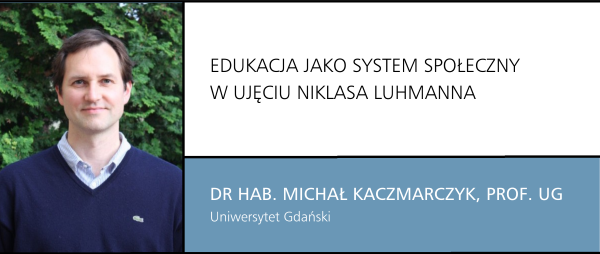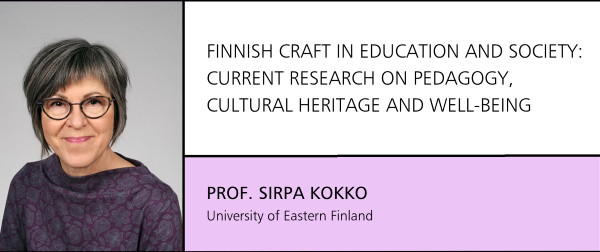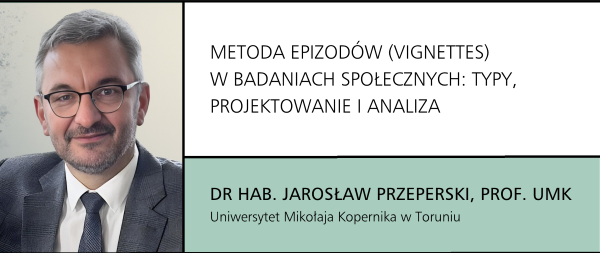Zapraszamy na warsztat realizowany w Szkole Doktorskiej APS:
The Hidden Curriculum of Belonging: How Athletics and Fraternity Life Shape Student Identity and Engagement at a U.S. University
Prezentację przedstawi: Adrian Tolczyk - Penn State, Bachelor's of Arts candidate
Spotkanie odbędzie się 5 czerwca 2025 r. o godz. 14:45 w sali 1109 (po zakończeniu wcześniejszego wykładu)
--------------------
This presentation offers an introduction to two unique aspects of American student life—college sports and fraternity culture—through the lens of Penn State Behrend, a campus of The Pennsylvania State University located in Erie, Pennsylvania.
In many U.S. universities, student identity and development are shaped not only by academics, but by active involvement in extracurricular communities. This talk will focus on two such communities: a) athletics - the men’s water polo team, a competitive college sport that emphasizes physical endurance, teamwork, and discipline; and b) fraternities - all-male social organizations rooted in tradition, social bonding, philanthropy, and leadership.
For audiences unfamiliar with the U.S. system, the presentation will explain the structure and role of college athletics and Greek life (the umbrella term for fraternities and sororities), exploring how they contribute to the social, emotional, and cultural experience of students.
Attendees will gain insight into how these American traditions influence campus culture and student relationships, as well as how they compare to student life experiences globally. As part of this dialogue, the presentation will also invite reflection on how institutions outside the U.S. might explore similar forms of student-led organizations that promote belonging, leadership, and community service.
Given the growing importance of student engagement and well-being in higher education worldwide, this discussion opens the door for potential cross-Atlantic collaboration. Partner institutions may consider developing pilot programs or cultural exchange initiatives modeled loosely on elements of fraternity life—adapted, of course, to fit local cultural values and campus norms. These could include international student leadership groups, peer mentorship networks, or co-curricular communities focused on academic and civic growth.
This presentation aims not only to share an American perspective, but to spark conversation about how traditions like Greek life might be thoughtfully reimagined and localized in a global academic context.

 EN
EN



